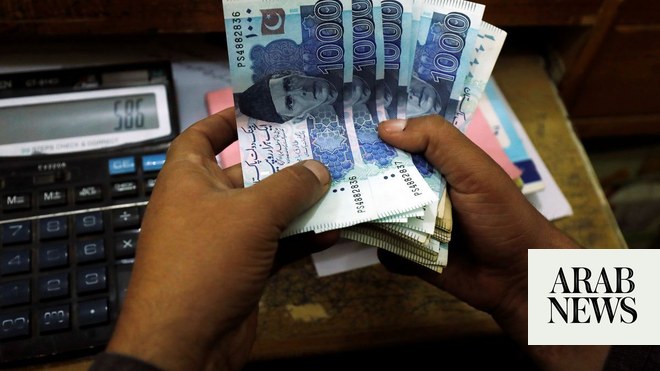
The International Monetary Fund (IMF) excluded gulf countries, mainly Saudi Arabia and the United Arab Emirates, as well as Egypt, from its 2019’s low economic outlook for the Middle East and North African region.
It said these countries will see an economic growth during the current year, warning of a remarkable inflation in Iran in addition to the risks faced by Algeria as a result of reforms.
The IMF warned in a biannual economic outlook report that prospects for the region, including the Middle East, North Africa, Pakistan and Afghanistan, are “clouded by elevated levels of uncertainty.”
“US sanctions on Iran are causing unrest in the Middle East and North Africa (MENA) and oil price volatility is dragging regional economic growth,” it said.
“Such uncertainty may increase investors’ perception of risk for the whole region, leading to capital outflows and exchange rate pressure,” it explained on Monday.
It expected the sharp decline in Iran’s economic activity (6 percent) amid sanctions to result in a mere 0.4 percent rate of growth for 2019 for the region’s oil-exporting countries.
“Growth in oil exporters is projected to remain subdued relative to 2018,” according to its report, dubbed Regional Economic Outlook 2019.
“However, growth in the GCC is projected to improve slightly to 2.1 percent in 2019 from two percent in 2018.”
The IMF stressed that measures to reduce oil production and the continuation of public spending control policies in countries, such as Bahrain, Oman and the UAE would contribute to translating these forecasts on ground. Meanwhile, growth in Saudi economy is expected to exceed expectations in 2019.
“Masking considerable variation across the region, real GDP growth in MENAP oil importers is expected to slow from 4.2 percent in 2018 to 3.6 percent in 2019 before rebounding to 4.3 percent during 2020–23.”
According to the report, there is considerable variation in the growth outlook among the regional states’ economies. Egypt continues to record strong economic growth while the Pakistani economy is expected to see a sharp slowdown.
“Growth is set to contract by 1.7 percent in non-GCC oil exporters after contracting by 1.1 percent in 2018, the report added, explaining that it is mainly driven by developments in Iran, where the recession is expected to deepen, reducing projected growth by almost 10 percentage points during 2018–20,” the report said.











